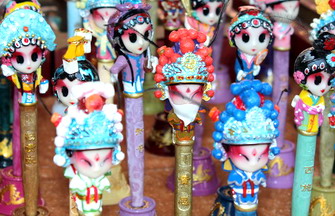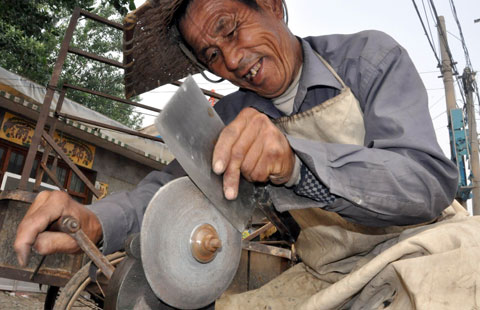Young filmmakers seek balance of art and profit
By Wang Kaihao ( China Daily ) Updated: 2014-11-06 08:18:20China's big screens have been hogged by celebrated filmmakers who are likely to chalk up a remarkable total of 30 billion yuan ($4.9 billion) at the box office this year, but the industry will still want to make room for newcomers.
The ninth Chinese Young Generation Film Forum, organized by the Chinese Film Association to encourage new directors, lifted its curtains on Sunday, attracting dozen of professionals in cinema to share their experiences and offer advice to young filmmakers.
"No one expected today's Chinese film market to be so flourishing when we started the forum in 2006," said Kang Jianmin, deputy director of the Chinese Film Association, at the opening ceremony of the five-day event. "It is young filmmakers' persistence which made possible the success today. They are independent and confident."
More than 30 films made by new directors, most of them in their 20s and early 30s, have been shown at the forum. A panel of judges will also pick those with the most potential for the annual "cutting-edge filmmakers" award on Thursday.
As the country's cinema becomes more like that of Hollywood, where commercial interests rule, young directors find they have to strike a balance between market demands and self-expression.
"A lack of good stories and capital are two major problems that young directors in China face," says 31-year-old filmmaker Li Ruijun, who has finished his fourth feature-length film but considers himself to be still at the starting blocks.
"The pressure of the market and the lack of capital inevitably force us to make compromises. It is like holding tightly a fistful of sand. When we finish shooting a film, what is left in our hand is what we can provide the audience. We must try to keep as much as possible."
Some, however, see no conflict between creativity and profit.
"Maybe when we choose to make an art-house production, it's not appropriate to use the common commercial yardstick to judge whether it's successful or not," says Xu Ang, 36, a renowned stage director who has just made his first film, 12 Citizens, adapted from the 1957 Hollywood classic 12 Angry Men. "And when we choose to make a popular mainstream movie, we should not regret that we have lost part of our personality.
"No path is right or wrong. What we young directors need is to have the right attitude and accept the consequences of the path we have chosen."
Though many film professionals have long wished for more art-house cinemas to give more opportunities for avant-garde experiments, there have so far been only a scattering of such theaters in the country.
Older filmmakers encourage their younger colleagues to have more patience.
"Today's young directors should look for stories in their daily lives rather than repeat what have been produced by their predecessors," says veteran scriptwriter Wang Xingdong. "It's more important for them to reflect their reality than to chase after entertainment fads."
|
|
|
|
|
|
|
|
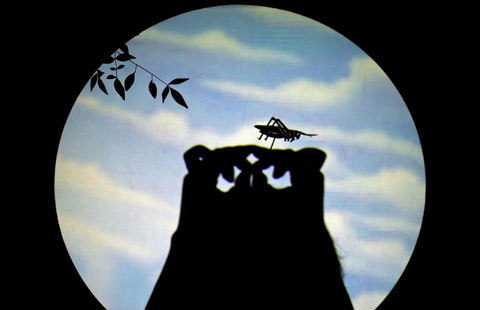

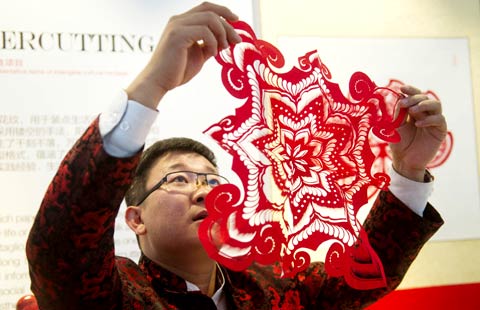

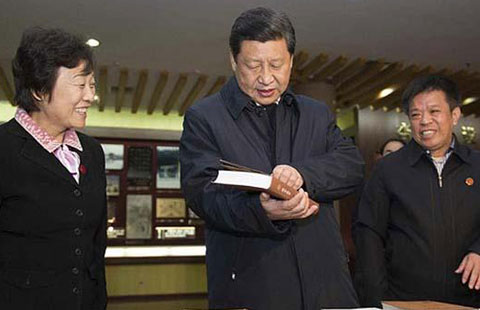

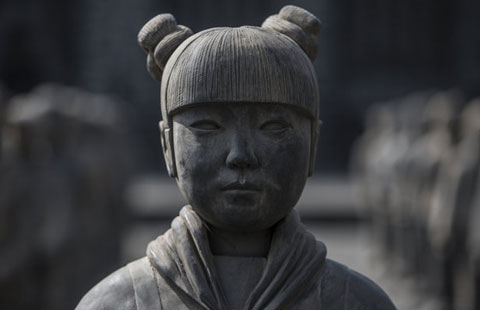
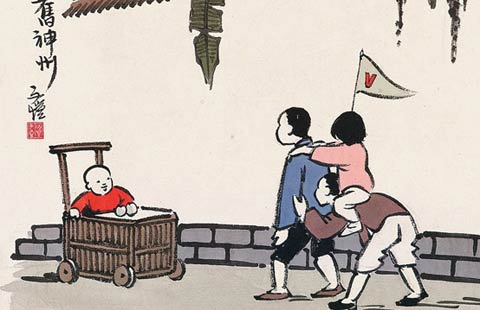

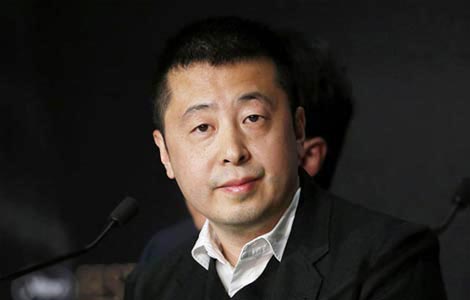





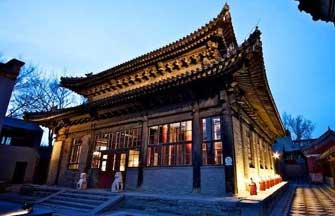






 Raymond Zhou:
Raymond Zhou: Pauline D Loh:
Pauline D Loh: Hot Pot
Hot Pot Eco China
Eco China China Dream
China Dream China Face
China Face



